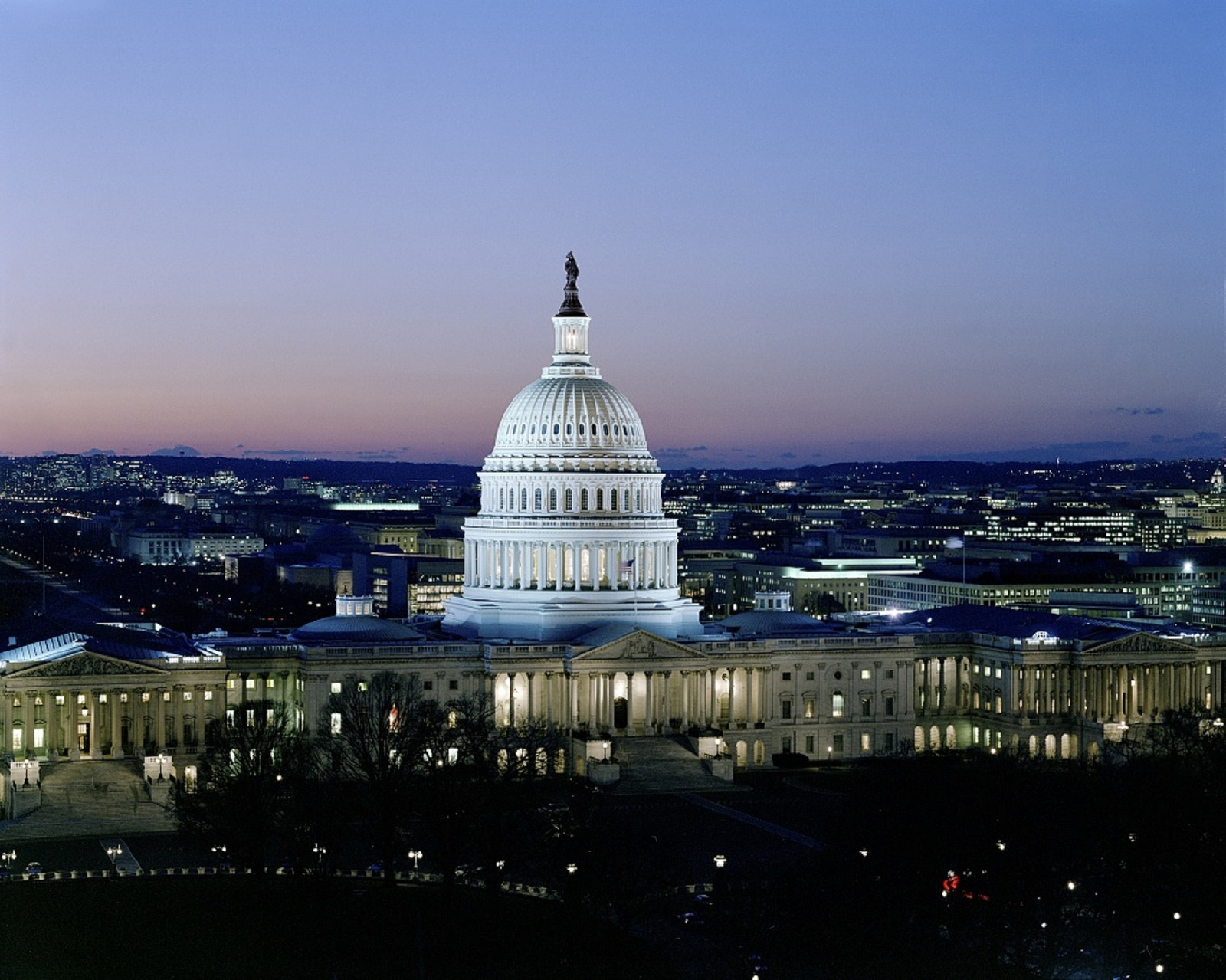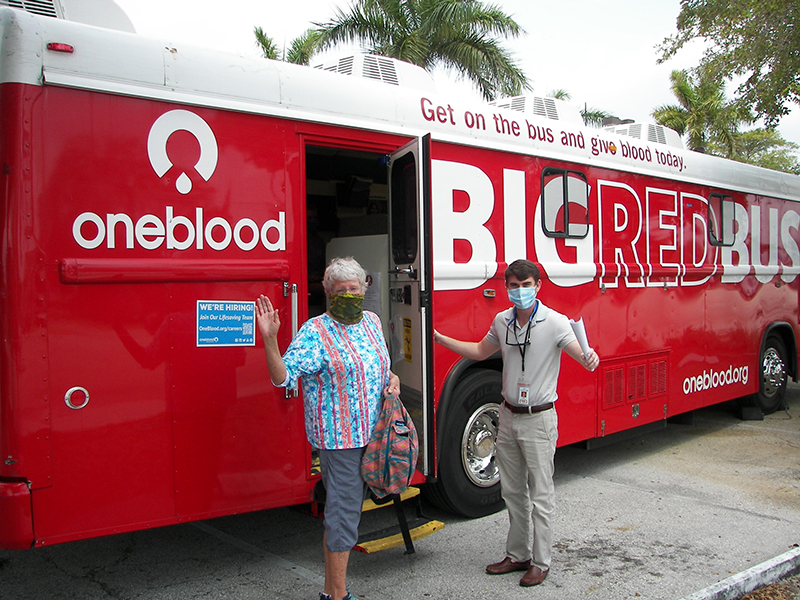By Peter Dyga
You may not think highly of construction workers and you may not even see the “essential” nature of what contractors do. But think about this; everything you DO that is regarded as essential, from your food supply chain, health care infrastructure and transportation network to name a few, requires construction workers, multiple contractors and a healthy, robust commercial construction community to build and maintain it.

Construction’s designation as an essential business is nearly universal at the federal, state and local levels throughout the United States. It is the exception to the rule to regard the construction industry differently despite the fact that some local governments over time have acquiesced to mob-like pressure. But they do so at the peril of creating a perplexing, circular set of rules that attempt to categorize different tasks and processes as either essential or nonessential. (i.e., contractors are not essential unless they are doing essential work).
The unique nature of construction makes the work organically more harmonious with good health and safety practices. The industry is committed to following CDC, OSHA and local health department directives including the use of personal protective equipment (PPE), maintaining safe social distancing in spacious, open-air, outdoor settings, implementing multiple sanitary stations and limiting the congregation of workers. And the controlled site access found on construction sites enables contractors to closely monitor employee health, making sure sick workers never make it onto the site.
Florida’s construction companies and their skilled workforce are committed to maintaining safe work conditions on all jobsites and remain one of the most highly regulated industries in the nation. All they ask is that you judge construction the same way you judge other essential businesses. If a contractor is found to be non-compliant, address them and/or shut down the individual business/site, but don’t shut down an entire essential industry because there are some bad players.
Construction is a complex business that requires the coordination of many moving parts including sometimes hundreds of specialty contractors with advanced knowledge in their specific trades. It may seem on the surface to be possible to shut the entire industry down without impacting the ability to build emergency field hospitals at a moment’s notice, or construct supplemental health care facilities, assume continued responsibility for the maintenance, repair and upgrading of critical infrastructure, such as water, sewer, electric, telecom, roads and public transportation. But I assure you it is not.
A healthy, robust, active and diverse construction industry is an organism with a lot of inertia. Local and state officials are not going to be able to pick-and-choose which aspects of it they like and don’t like without inextricably impacting the ability to play its essential role.
You may not initially think of the essential role craft professionals and a commercial construction industry plays in making and keeping your life safe, healthy and comfortable. But one thing this virus has taught us is sometimes the most important things are not the most obvious.
Public officials from the Department of Homeland Security, to state governors and city mayors agree on the essential nature of construction. Let’s not pressure them into making any rash decision we may regret later.
Peter Dyga is president and CEO of Associated Builders and Contractors













